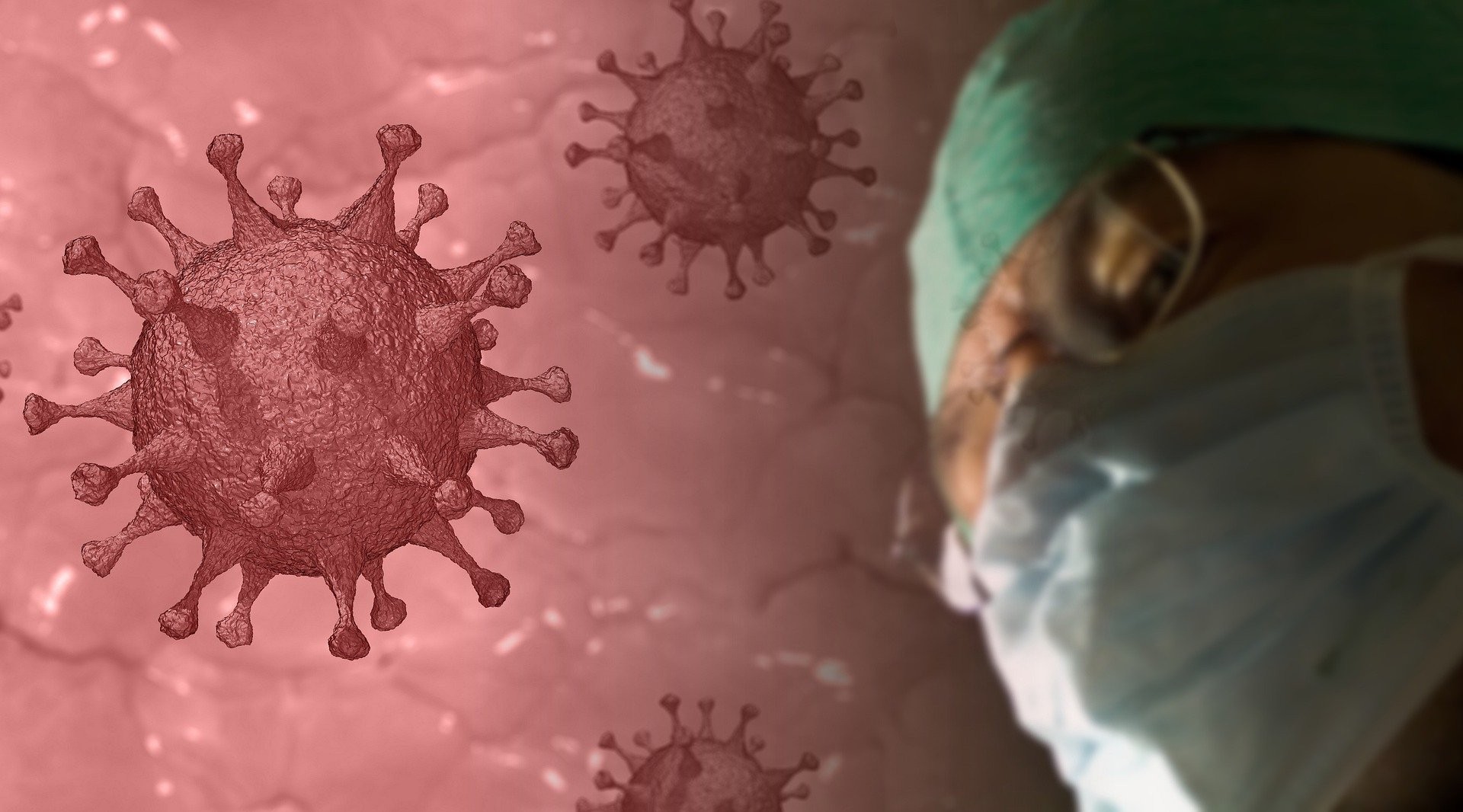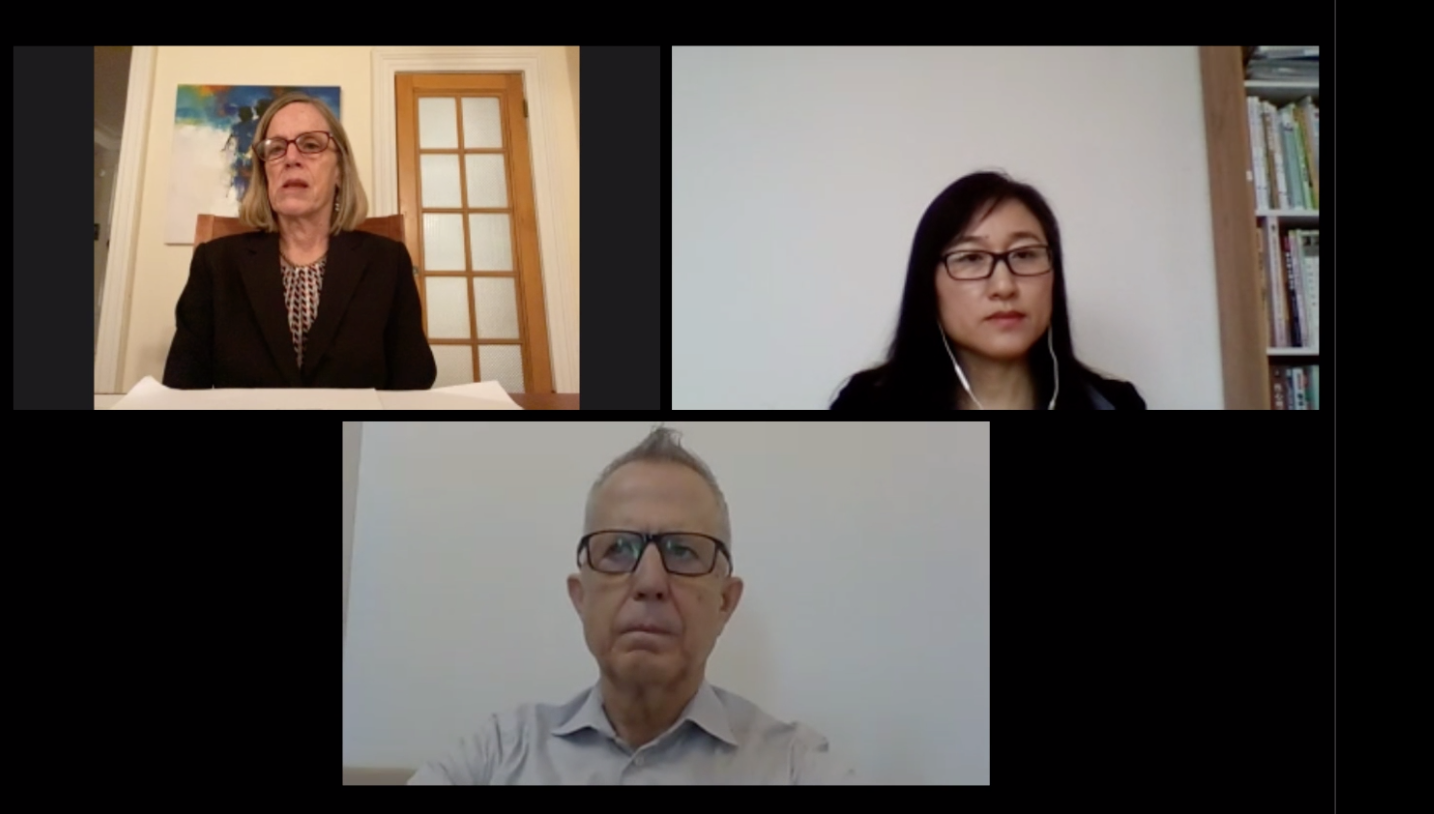At a Columbia Global Centers | Beijing March 26th webinar, medical psychology experts from Columbia University and Peking University (PKU) discussed what hospitals and healthcare workers can do to address rampant stress and burnout.
Depersonalization, emotional exhaustion, and the lack of a sense of personal accomplishment could result in burnout while healthcare providers fight against coronavirus, said Susan L. Rosenthal, Columbia Professor of Medical Psychology at the webinar.
According to Professor Rosenthal, caring for people who are dying, while also being aware of the many daily news reports highlighting the crisis, frontline medical workers might suffer from secondary traumatic distress, with the same symptoms as Post-Traumatic Stress Disorder (PTSD).
Under normal conditions, these negative effect, she added, are mitigated by compassion satisfaction derived from caring for others and making people healthy. In the COVID-19 pandemic, however, healing professionals may not experience this typical and critical satisfaction as they experience shortages in life-saving equipment and emotional energy needed.
The stress impact from handling a life saving medical event is manageable, and not necessarily harmful, if the stress is short in duration. But chronic stress, Professor Rosenthal warned, from the overwhelming workload that medical workers are now enduring can harm the immune system and one’s psychological well-being.
One in every three staff members were having mental health risks, while female staff and those in direct contact with patients were more vulnerable to such risks, according to an online survey at a local hospital receiving COVID-19 patients in Wuhan, China, said Rui-yuan GUAN, PKU Dean of Department of Medical Psychology.
One third of frontline medical staff hoped to receive online psychological counselling, the result of the survey showed.

